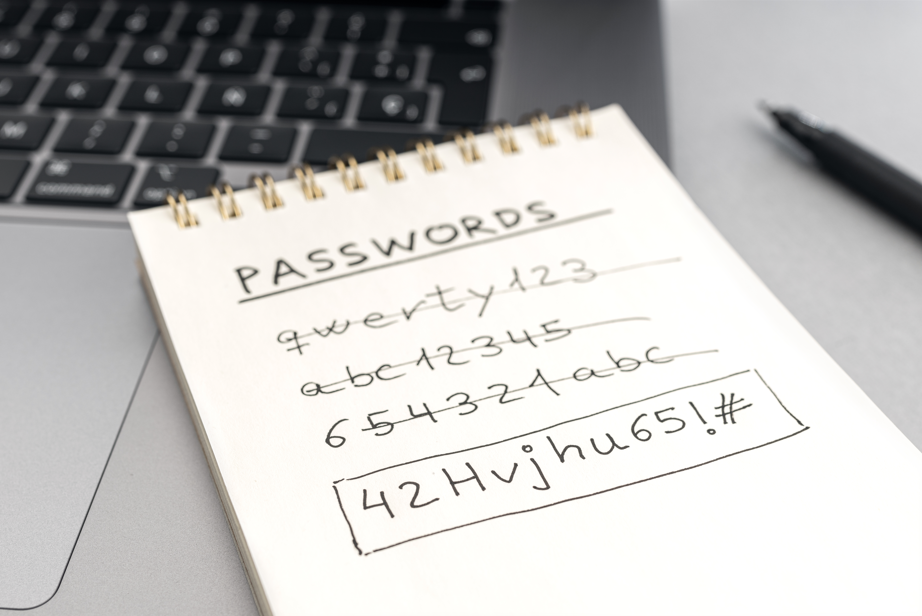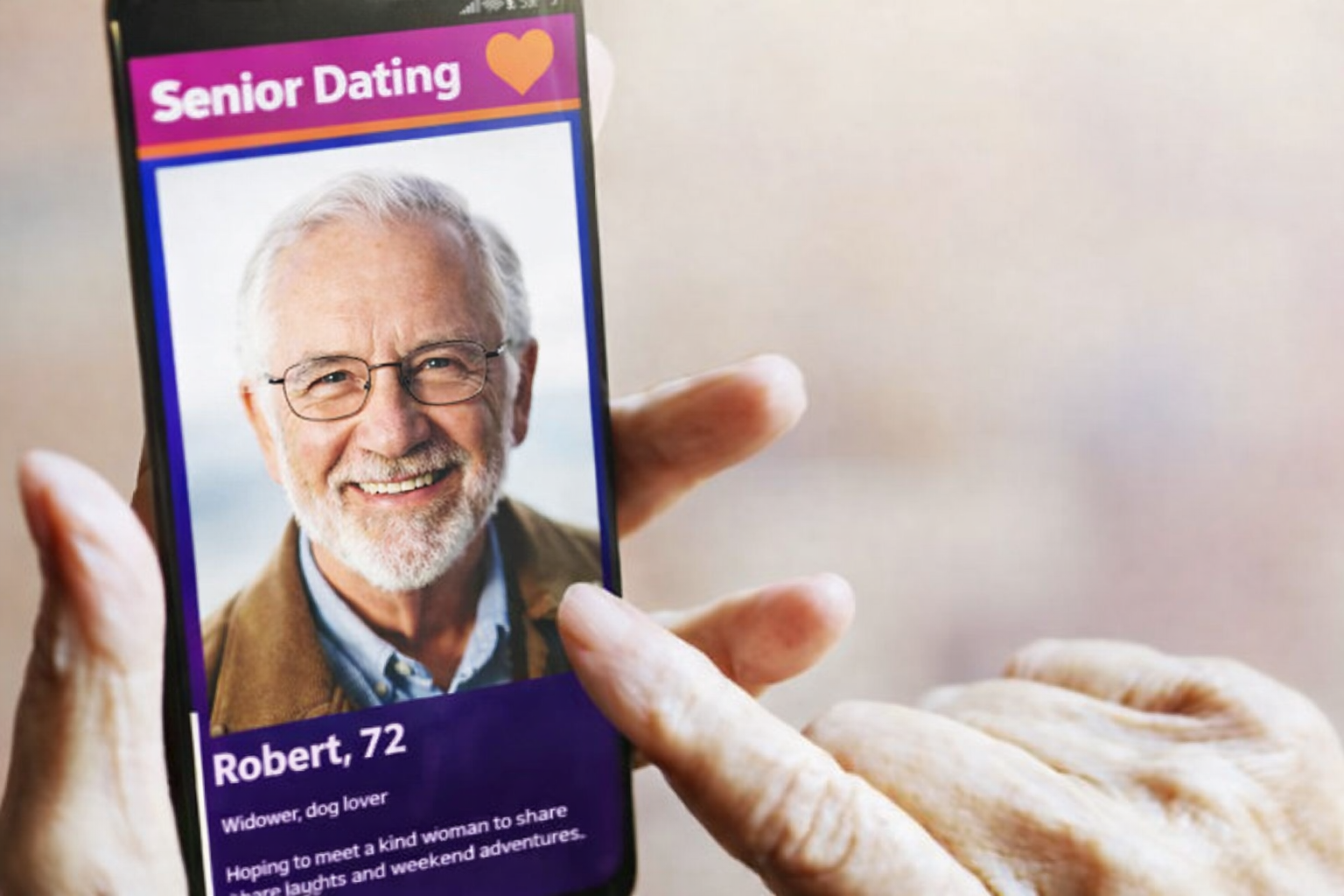Beware of Scams Related to the California Wildfires

Wildfires in and around Los Angeles are leaving a path of destruction and forcing tens of thousands of people to evacuate. They also are spurring con artists to take advantage of the situation.
Bad actors often use natural disasters to target both the people who want to help victims and those who are directly impacted by disasters. Here’s what to know to protect your money and personal information from natural disaster scams.
Types of natural disaster scams
Be on the lookout for these common scams that pop up after natural disasters, including the Los Angeles wildfires.
Fake charities: Scammers create fake charities after disasters to prey on people’s generosity, according to the Consumer Financial Protection Bureau. Often, these fake charities have names that are similar to legitimate organizations. And scammers take advantage of social media and crowdfunding websites such as GoFundMe to ask for donations.
FEMA imposter scams: Scammers pose as representatives and offer to provide inspections and help disaster victims fill out grant applications for a fee. According to FEMA, these services are free. So if you’re being asked to pay for federal assistance, it’s a scam.
Contractor fraud: Unscrupulous contractors might claim that they can make immediate repairs for an upfront payment, but they’ll take the money and run. It’s also a red flag if they won’t provide you with a written contract, references or a copy of their license.
Mortgage relief scams: Be wary of anyone offering relief with mortgage payments other than your lender. The CFPB warns that scammers might claim to negotiate on your behalf for a fee to avoid foreclosure.
IRS imposter scams: Scammers claim to be working with the IRS and offer to help file casualty loss claims and get tax refunds. The IRS won’t contact you out of the blue to offer assistance. If you need help, call the IRS toll-free disaster assistance line at 866-562-5227.
How to avoid natural disaster scams
Take these steps to avoid giving your money or personal information to a scammer after a natural disaster.
Research before you give. Don’t respond to pleas on social media to give or even text messages from friends. Instead, use a website such as CharityNavigator.org to search for charities by cause and see ratings of those charities. Charity Navigator also compiles “where to give now” lists, which can help you find organizations that are responding to recent events such as the Los Angeles wildfires. See How to Check Out a Charity Before You Give to learn more.
Don’t provide your personal information to anyone who contacts you offering disaster assistance. Even if they claim to be with a government agency, utility company or an insurance company, they could be scammers. Contact the company or agency directly for support.
Don’t pay for government assistance. No FEMA, federal or state government workers will ask for or accept payment, according to CFPB. Don’t believe anyone who is offering a disaster grant in return for a payment. FEMA.gov has a list of resources for those impacted by the wildfires.
Don’t feel pressured to make immediate decisions about repairs. The National Insurance Crime Bureau recommends contacting your homeowners insurance company before making any decisions or signing contracts for repairs. Get repair estimates from multiple contractors, get agreements in writing and don’t pay the full amount upfront.
Don’t pay anyone to negotiate with your mortgage provider if you’re having trouble making payments. Contact your lender, which should be willing to discuss hardship options to help you avoid foreclosure. Or contact a housing counselor approved by the Department of Housing and Urban Development who can provide free or low-cost assistance.
If you or someone you know is a victim of a disaster scam or fraud, file a report with local law enforcement. You also can file a report with the National Center for Disaster Fraud. To learn more about what other steps to take, see What to Do If You’ve Been Scammed.
Try Carefull for free for 30 days to protect your finances from scams, fraud and money mistakes.

3 Steps to Safer Money,
Try it Free for 30 Days
Step 1
Start your free,
no-risk trial
Step 2
Connect the accounts and cards you want protected
Step 3
Stay alerted to any
unusual activity



.png)



